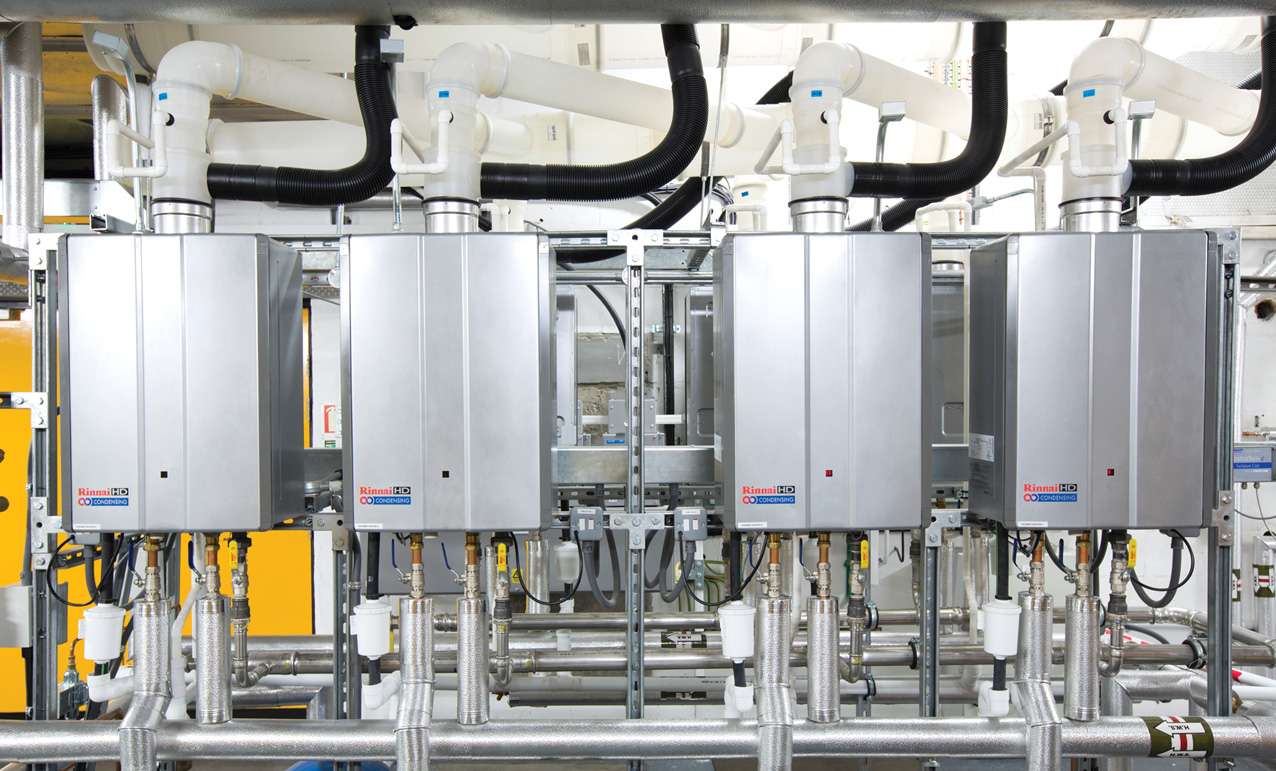The need for reliable and efficient heating solutions in industrial settings is paramount‚ driving innovation in technologies like the industrial hot water heater․ These systems are not simply scaled-up versions of residential heaters; they are complex engineered solutions designed to meet the rigorous demands of diverse industries‚ from manufacturing and food processing to pharmaceuticals and power generation․ The modern industrial hot water heater goes beyond basic heating‚ incorporating advanced control systems‚ energy recovery mechanisms‚ and smart monitoring to optimize performance and minimize operational costs․ These features contribute to a more sustainable and environmentally conscious approach to industrial heating․
Understanding the Core Components
To fully appreciate the capabilities of an industrial hot water heater‚ it’s crucial to understand its key components․ These include:
- Heat Source: Options range from natural gas and propane to electricity and renewable energy sources like solar thermal․ The choice depends on factors like fuel availability‚ cost‚ and environmental regulations․
- Heat Exchanger: Transfers heat from the heat source to the water․ Common types include shell-and-tube‚ plate-and-frame‚ and finned-tube exchangers‚ each offering different levels of efficiency and suitability for specific applications․
- Storage Tank: Holds the heated water‚ providing a buffer against fluctuating demand and ensuring a consistent supply of hot water․
- Control System: Manages the heater’s operation‚ regulating temperature‚ flow rates‚ and other parameters to optimize performance and prevent overheating․
- Safety Features: Including pressure relief valves‚ temperature sensors‚ and flame safeguards‚ are essential for ensuring safe and reliable operation․
Beyond the Basics: Efficiency and Sustainability
Modern industrial hot water heaters are increasingly focused on maximizing efficiency and minimizing environmental impact․ This is achieved through various strategies:
Energy Recovery Systems
These systems capture waste heat from exhaust gases or other industrial processes and use it to preheat the water entering the heater‚ reducing the amount of energy required for heating․
Smart Controls and Monitoring
Advanced control systems use sensors and algorithms to optimize the heater’s performance in real-time‚ adjusting parameters like burner firing rate and pump speed to match the actual demand for hot water․ Remote monitoring capabilities allow operators to track performance‚ identify potential problems‚ and make adjustments from anywhere with an internet connection․
Sustainable Fuel Sources
Shifting from fossil fuels to renewable energy sources like solar thermal or biomass can significantly reduce the carbon footprint of industrial hot water heating․
Choosing the Right Industrial Hot Water Heater
Selecting the appropriate industrial hot water heater requires careful consideration of several factors:
- Hot Water Demand: Determine the peak and average hot water demand to ensure the heater can meet the facility’s needs․
- Fuel Availability and Cost: Evaluate the availability and cost of different fuel sources‚ considering both short-term and long-term trends․
- Space Constraints: Consider the available space and select a heater that fits within the existing infrastructure․
- Regulatory Requirements: Ensure the heater complies with all applicable environmental and safety regulations․
- Budget: Balance the initial cost of the heater with its long-term operating costs‚ including fuel‚ maintenance‚ and repairs․

